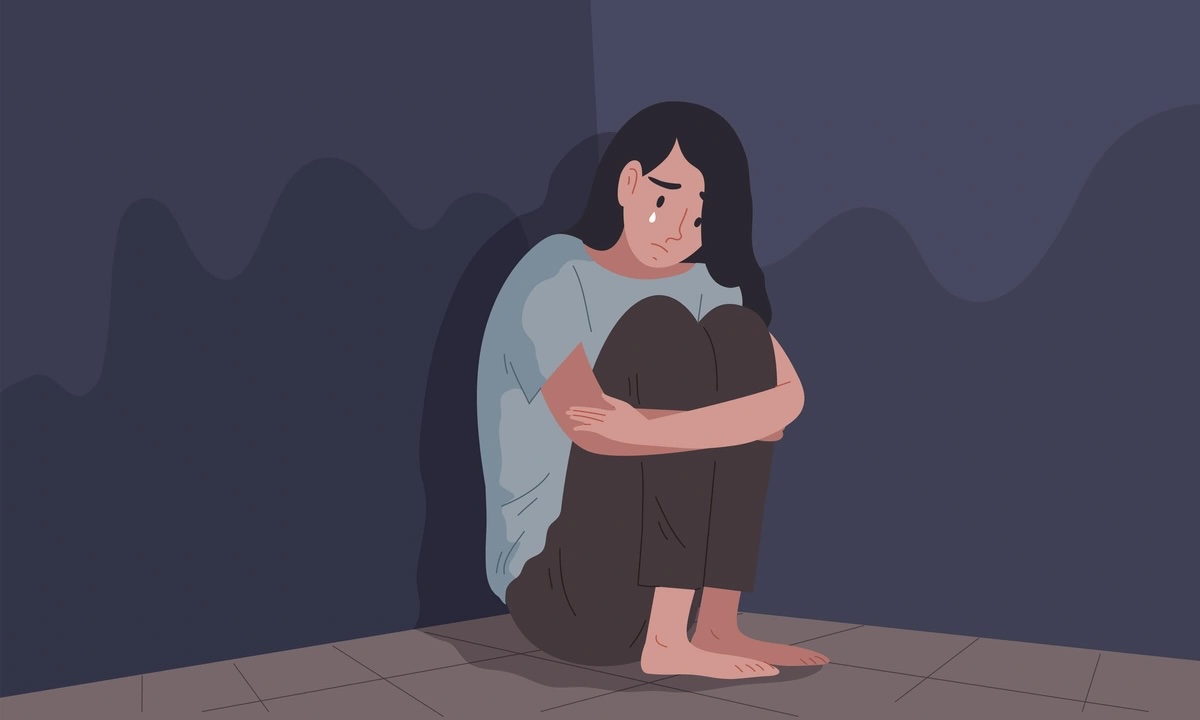
Major depressive episodes can feel like a heavy fog that just won't lift. But what exactly is a major depressive episode? It's a period lasting at least two weeks where a person experiences a depressed mood or loss of interest in nearly all activities. This isn't just feeling sad or down; it's a serious mental health condition that affects how you feel, think, and handle daily activities. Understanding the facts about major depressive episodes can help you or someone you know recognize the signs and seek help. Let's dive into 29 key facts that shed light on this condition, offering insights and hope.
Key Takeaways:
- Major depressive episodes last at least two weeks and can affect anyone, from children to older adults. It's more than just feeling sad and can disrupt daily life in many ways.
- Symptoms of major depressive episodes include persistent sadness, loss of interest in activities, sleep disturbances, and thoughts of death or suicide. Understanding the causes and risk factors can help in prevention and treatment.
Understanding Major Depressive Episodes
Major depressive episodes (MDE) are more than just feeling sad. They can affect every aspect of life, from sleep to work. Here are some key facts to help understand this condition better.
-
A major depressive episode lasts at least two weeks. Symptoms must persist for this duration to be classified as an MDE.
-
It affects mood and physical health. People may feel hopeless, lose interest in activities, and experience changes in appetite or sleep.
-
MDE is a part of major depressive disorder (MDD). MDD is a broader diagnosis that includes one or more major depressive episodes.
-
It can occur at any age. Although it often starts in the late teens to mid-20s, it can affect anyone, including children and older adults.
Symptoms of Major Depressive Episodes
Recognizing the symptoms is crucial for seeking help. Here are some common signs of an MDE.
-
Persistent sadness or emptiness. This feeling is constant and overwhelming.
-
Loss of interest in activities. Hobbies and social interactions no longer bring joy.
-
Significant weight changes. Either weight loss or gain can occur without trying.
-
Sleep disturbances. Insomnia or excessive sleeping are common.
-
Fatigue or loss of energy. Simple tasks can feel exhausting.
-
Feelings of worthlessness or guilt. These feelings are often disproportionate to the situation.
-
Difficulty concentrating. Making decisions or focusing on tasks becomes hard.
-
Thoughts of death or suicide. These thoughts may be frequent and intense.
Causes and Risk Factors
Understanding what contributes to MDE can help in prevention and treatment.
-
Genetics play a role. Family history of depression increases the risk.
-
Brain chemistry is involved. Imbalances in neurotransmitters can contribute to depression.
-
Hormonal changes can trigger it. Events like pregnancy or thyroid problems can affect mood.
-
Life events are significant. Trauma, loss, and stress can lead to an MDE.
-
Chronic illness increases risk. Conditions like diabetes or heart disease are linked to higher depression rates.
-
Substance abuse is a factor. Alcohol and drug use can both cause and result from depression.
Treatment Options
There are various ways to manage and treat major depressive episodes.
-
Medication is common. Antidepressants can help balance brain chemicals.
-
Therapy is effective. Cognitive-behavioral therapy (CBT) and other forms of counseling can provide relief.
-
Lifestyle changes matter. Regular exercise, a healthy diet, and adequate sleep can improve symptoms.
-
Support groups help. Sharing experiences with others can provide comfort and advice.
-
Mindfulness and meditation. These practices can reduce stress and improve mood.
-
Electroconvulsive therapy (ECT). For severe cases, ECT can be a viable option.
Impact on Daily Life
An MDE can significantly disrupt everyday activities and responsibilities.
-
Work performance suffers. Concentration issues and fatigue can affect job performance.
-
Relationships are strained. Depression can lead to withdrawal from loved ones.
-
Daily tasks become difficult. Even simple chores can feel overwhelming.
-
Financial problems may arise. Medical costs and reduced work capacity can lead to financial strain.
-
Quality of life decreases. Overall enjoyment and satisfaction with life diminish.
Final Thoughts on Major Depressive Episodes
Major depressive episodes impact millions, yet understanding them can lead to better support and treatment. Recognizing symptoms like persistent sadness, loss of interest, and changes in sleep or appetite is crucial. Early intervention and professional help make a significant difference. Therapies like cognitive-behavioral therapy (CBT) and medications provide effective treatment options. Support systems—friends, family, and support groups—play a vital role in recovery. Self-care practices, including exercise, healthy eating, and mindfulness, also contribute to managing depression. Awareness and education reduce stigma, encouraging more people to seek help. Remember, depression is a medical condition, not a personal failing. If you or someone you know is struggling, don’t hesitate to reach out for professional assistance. Understanding and compassion can pave the way for healing and hope.
Frequently Asked Questions
Was this page helpful?
Our commitment to delivering trustworthy and engaging content is at the heart of what we do. Each fact on our site is contributed by real users like you, bringing a wealth of diverse insights and information. To ensure the highest standards of accuracy and reliability, our dedicated editors meticulously review each submission. This process guarantees that the facts we share are not only fascinating but also credible. Trust in our commitment to quality and authenticity as you explore and learn with us.
